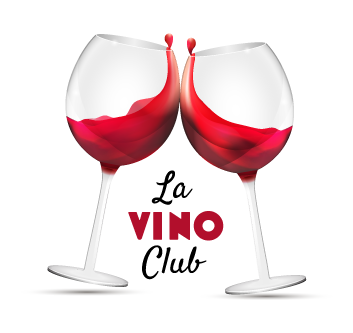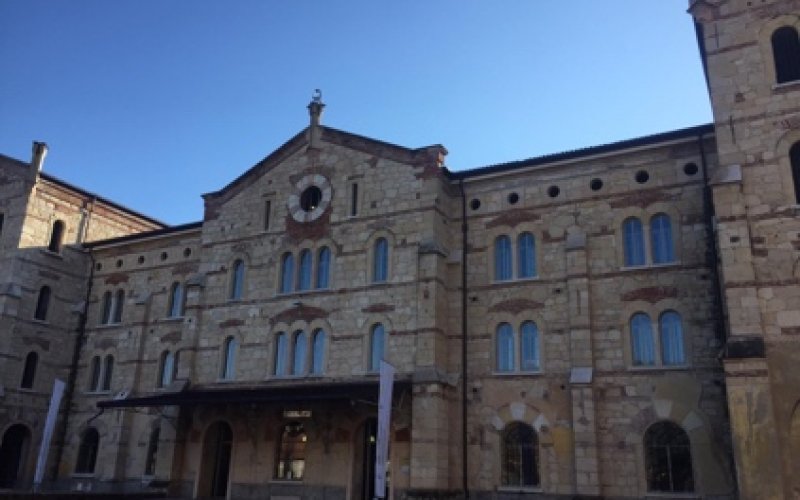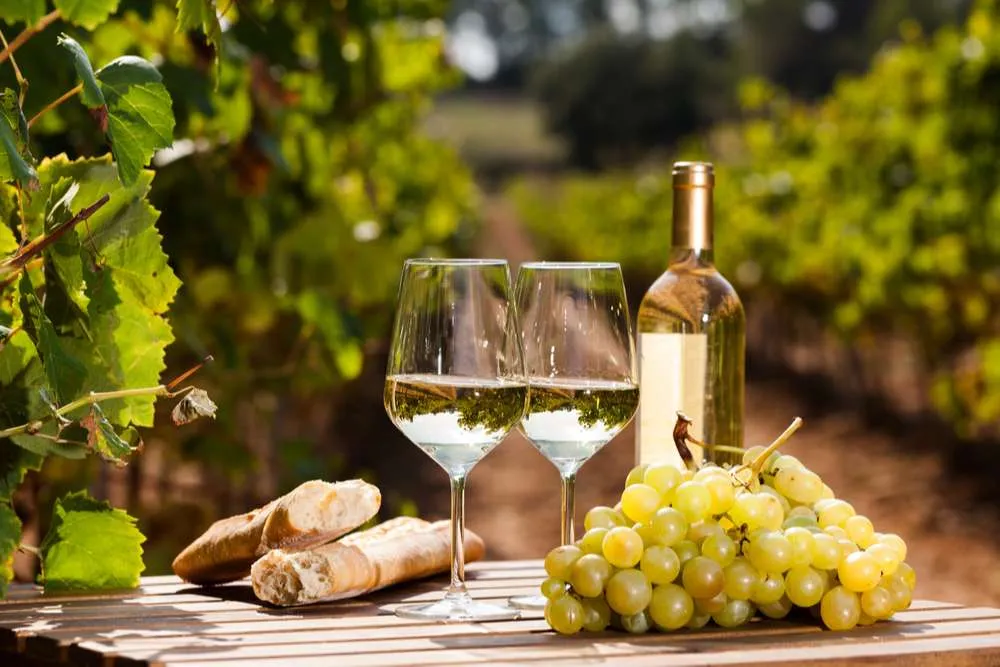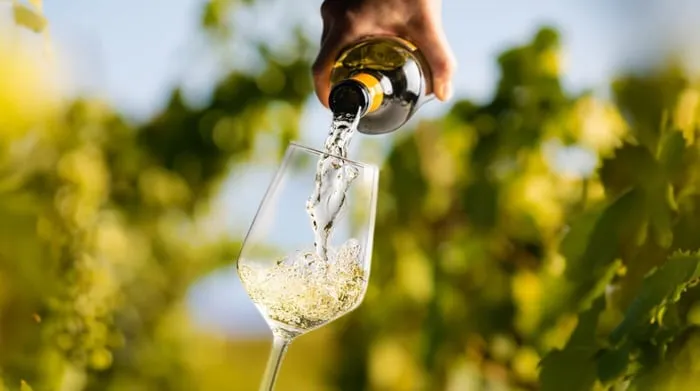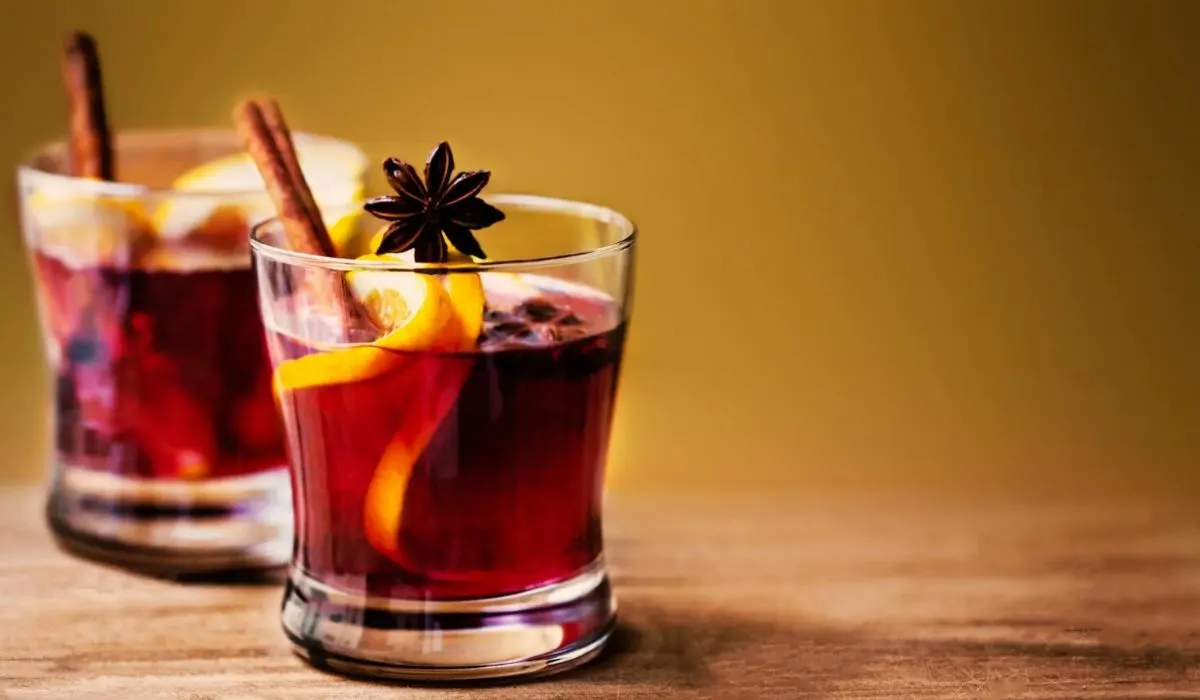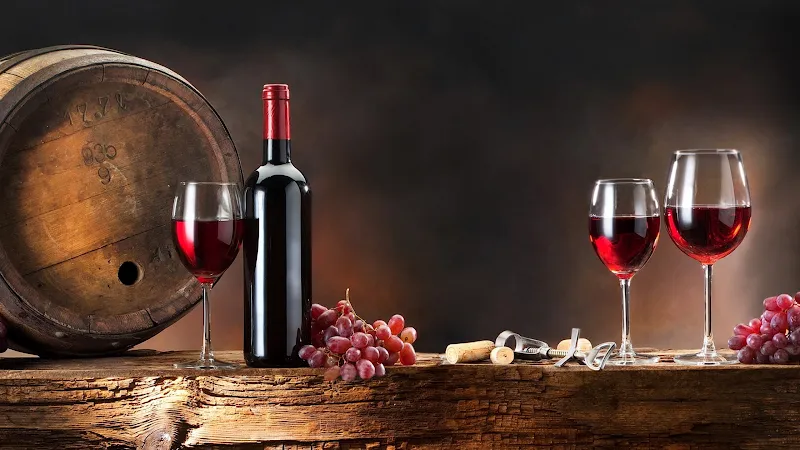The University of Verona offers both undergraduate and graduate programs which cover multiple aspects of the wine sector. Specifically, the undergraduate program in “Viticultural and Oenological Science and Technology”, associated with the Department of Biotechnology, aims at developing competences and skills in the field of grape and wine science and technology, providing knowledge that can be implemented in the study of professionally-relevant topics such as viticulture, plant defense, enology and wine marketing. Lectures take place in the “Lebrecht Villa”, which is a building from the fourteenth century in the Valpollicella area and are generally held in Italian language.
On the other hand, the Master of Science in Viticulture, Oenology and Marketing (VOM) is an Inter-University (Udine, Padua, Verona and Bolzano) program which aims at preparing students to acquire decision-making roles in management and consultancy in the vine-growing and wine-producing industries. Its peculiarity is that all classes are held in English. The first year of the program takes place in the location of Conegliano (Treviso), while the second year can be spent in one of the associated Universities according to the curricula the student chooses to pursue. The University of Verona offers a curriculum focused on Wine Business and Wine Marketing and lectures are held in the location of “Santa Marta”, close to the city center of Verona.
The two programs share a course in wine tourism, “Cellar Door Wine Tourism”, which is in English language (the only course in English in the case of the undergraduate program in Viticultural and Oenological Science and Technology). The aim of the course is the investigation of the links between wine tourism and sustainable territorial development, land use policy and planning and collective and corporate wine marketing. Moreover, the course explores wine tourists’ behavior, their attitudinal and socio-demographics characteristics and how their experience can be analysed in relation to the winery marketing strategies, with a particular focus on role of wine tourism marketing to transform wine from a low-involvement to a high-involvement product. The students are guided towards qualitative and quantitative research methods which can be implemented in the analysis of tourists’ profiling and in the development of marketing strategies through the exploration of relevant case studies of wine tourism at national and international level.
Regarding the topic of wine marketing, the Master of Science in Viticulture, Oenology and Marketing offers an advanced course in Wine Marketing and Communication. The course is organized in two modules “Advanced Tools for Marketing and Communication” and “New Wine Marketing Tools”. It combines cutting-edge knowledge and skills in business marketing and communication with the uniqueness of wine as a product, the complexity of wine consumer preferences and the specificity of wine markets. The first module includes the fundamental aspects of business marketing and communication strategy, with special focus on marketing plan, distribution channels, promotion and prices. Best practices in sales management, customer service, digital marketing and communication are studied and applied through the analysis of case studies. In the second module, students learn the new marketing and communication approaches and tools specifically customized for wine businesses. In particular, the teaching develops, through theoretical analysis and practical applications, the most relevant, current aspects of wine marketing and communication, such as the management of business information system, the package design and styles, the ‘sense of place’ of wine, the individual and collective branding strategies, and the marketing value of terroir. Students learn the wine consumer behavior, with a particular focus on the perception of wine quality, the market segmentation, the wine-related lifestyles, and the consumer involvement with wine in terms of personal values, knowledge, cultural and hedonic motivations and social contextualization.
Finally, given the increasing attention towards sustainability practices and management in the wine industry, the VOM program also offers a course related to “Sustainable Wine Management” which aims at examining the contexts, the specificities and the approaches to sustainability and sustainable development within the wine sector. Specifically, the first module of the course (“Approaches to sustainability in the wine industry”) provides students with advanced knowledge on sustainable practices for wine in the context of firms and supply chains, as well as on voluntary sustainability standards at the national and international levels. The second module (“Sustainable Wine Market Analysis and Perspectives”) focuses on providing students with knowledge about the sustainability strategies implemented in the wine sector, the different managerial motivations to include sustainability goals among business and supply chain objectives. In addition, the course investigates consumer interest for sustainability issues in the wine sector.
